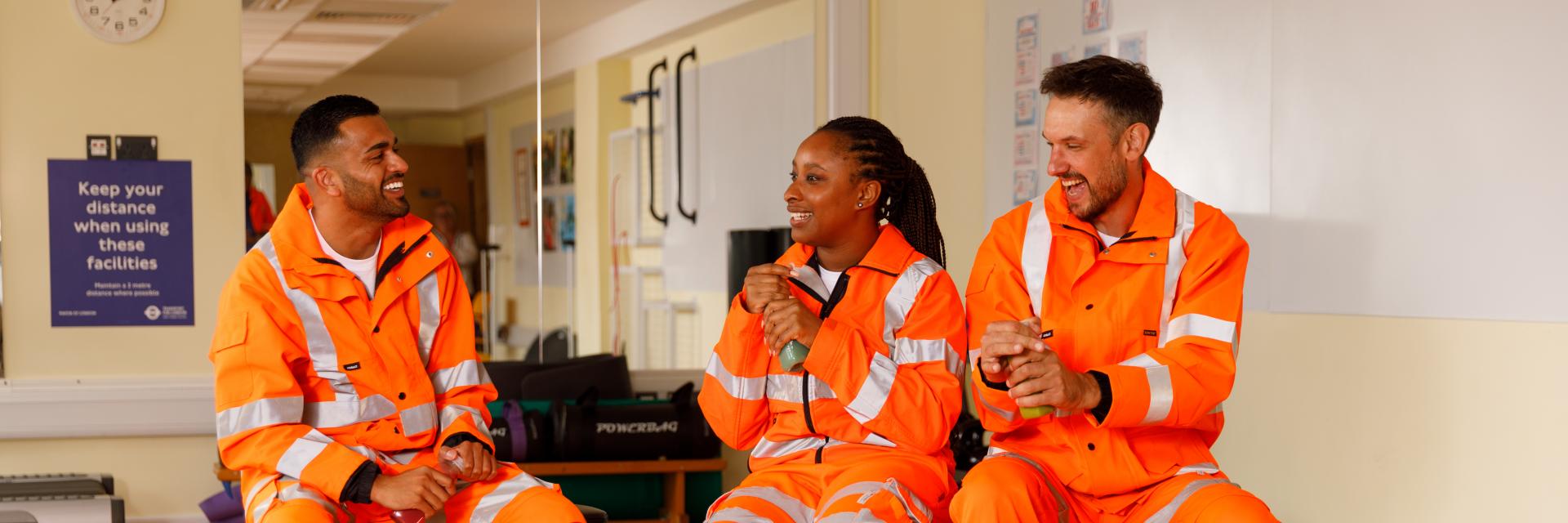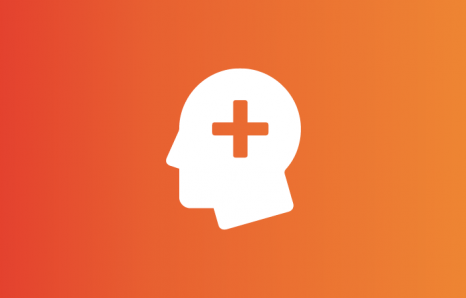Invisible disabilities like chronic pain, ADHD, and mental health conditions affect millions but often go unrecognised. In the UK, 70-80% of disabled people have one. Leaders can foster inclusion through flexibility, awareness, and allyship. Watch this video to learn more.



